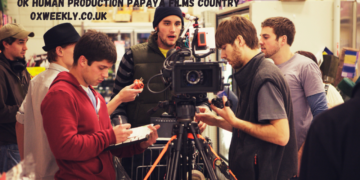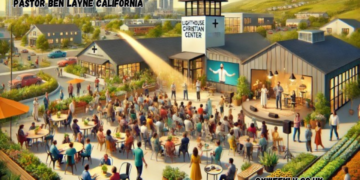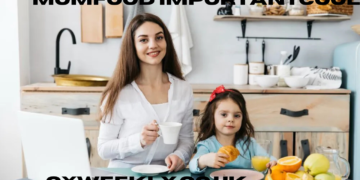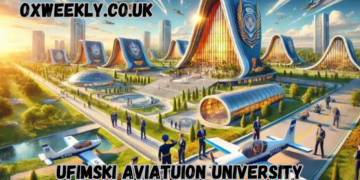Introduction
The phrase “Ruobingma Ruo Ma Oakland” has become more well-known as a social and cultural phenomena in recent years. Although its precise beginnings are still a little unclear, its impact on many facets of Oakland’s thriving community cannot be denied. This article explores the importance, background, and enduring impacts of Ruobingma Ruo Ma Oakland on the city and beyond, from its historical significance to its current influence.
Understanding the Meaning of Ruobingma Ruo Ma Oakland

Fundamentally, Ruobingma Ruo Ma Oakland seems to represent a merging of historical tales, civilizations, and ideas. Perhaps inspired by a variety of ethnic origins, the phrase itself seems to have linguistic and cultural importance. Phrases like this often surface as a depiction of common identities, challenges, and victories in Oakland, a city renowned for its complex tapestry of diversity. Whether referring to a particular movement, a neighborhood, or a developing philosophy, Ruobingma Ruo Ma Oakland has become a significant part of the city’s cultural landscape.
Historical Background of Ruobingma Ruo Ma Oakland
The Roots of Ruobingma Ruo Ma in Oakland
The background of Ruobingma’s The origins of Ruo Ma Oakland lie in Oakland’s history of valuing creativity and variety. The city has traditionally served as a center for creative expression, grassroots movements, and cross-cultural interactions. Oakland communities have communicated their own identities via language and symbols throughout the years, often coming up with fresh phrases that appeal to the populace.
The Influence of Immigrant Communities
A sizable immigrant community has lived in Oakland, adding to the city’s cultural diversity. Over time, several languages and dialects have merged, leading to phrases that represent the blending of many heritages, such as Ruobingma Ruo Ma Oakland. This expression could stand for resiliency, togetherness, or even a secret way for groups to communicate with one another.
Cultural Impact of Ruobingma Ruo Ma Oakland
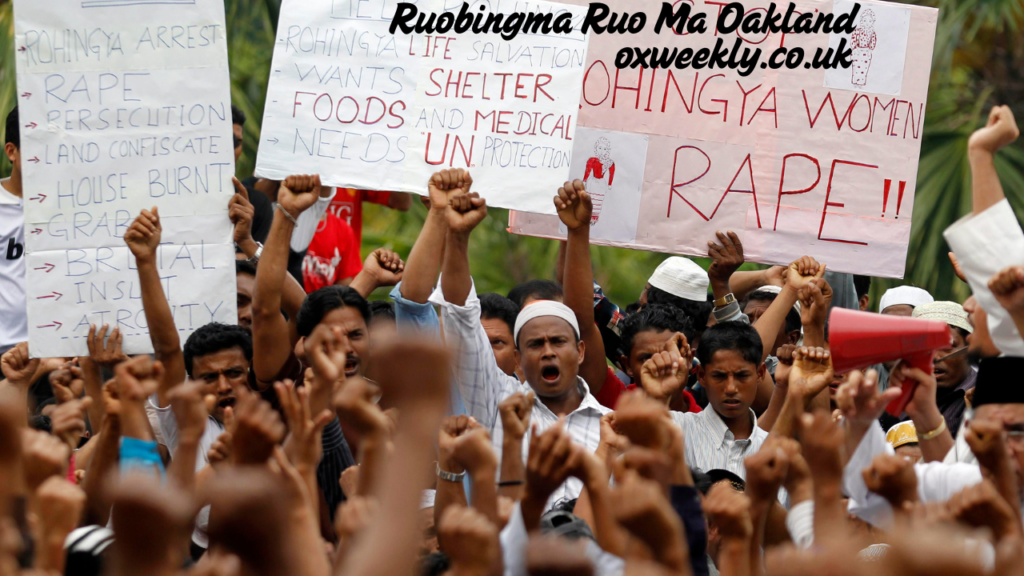
Influence on Art and Music
Cultural trends have historically been led by Oakland’s music and art communities. Oakland’s Ruobingma Ruo Ma has influenced music, street art, and murals, among other forms of artistic expression. Oakland artists have used this word as a statement of identification and community pride in their artwork.
Musicians, especially those in the hip-hop and jazz scenes, have embraced Ruobingma Ruo Ma Oakland in their lyrics and performances. The phrase has become a powerful message that reflects the city’s energy and resistance against social and economic challenges.
Presence in Local Festivals and Gatherings
Community festivals and cultural events in Oakland often highlight phrases and symbols that hold special meaning. Ruobingma Ruo Ma Oakland has been featured in spoken word performances, public discussions, and even as a theme in certain cultural celebrations. These events serve as platforms to educate and connect people through shared history and values.
The Social and Political Significance of Ruobingma Ruo Ma Oakland
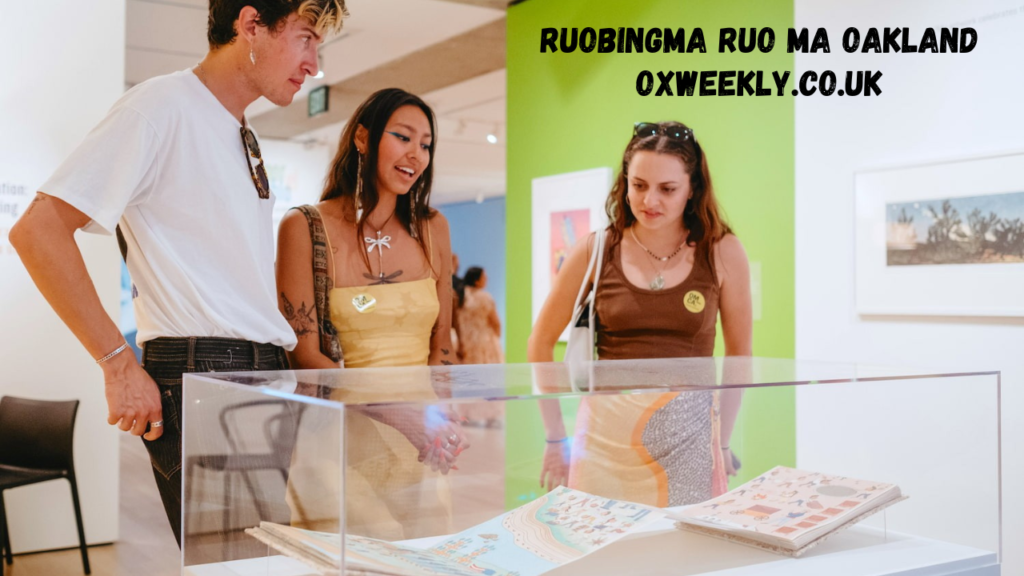
Representation of Social Movements
From the Black Panther movement to contemporary social justice efforts, Oakland has a long history of social engagement. These movements have come to be connected with Ruobingma Ruo Ma Oakland, which stands for transformation, empowerment, and resistance. The term is used by activists and local leaders to spur action and encourage dialogue on issues including housing rights, equality, and education.
The Role of Ruobingma Ruo Ma Oakland in Community Building
One of the most important aspects of Ruobingma Ruo Ma Oakland is its ability to bring people together. The phrase acts as a unifying force, encouraging dialogue and fostering a sense of belonging among residents. In neighborhoods undergoing rapid gentrification, expressions like this help preserve the historical and cultural essence of Oakland’s communities.
The Future of Ruobingma Ruo Ma Oakland
As Oakland continues to evolve, so will the meanings and implications of Ruobingma Ruo Ma Oakland. It may take on new interpretations as younger generations adopt and redefine it. Digital spaces and social media also contribute to the spread of such phrases, ensuring their relevance in different contexts.
Future cultural historians and sociologists may explore Ruobingma Ruo Ma Oakland as a case study of linguistic evolution and community identity. Regardless of its transformations, the phrase is likely to remain a testament to Oakland’s resilience, diversity, and ever-changing social landscape.
Conclusion
Ruobingma Ruo Ma Oakland is more than just a phrase; it is a cultural phenomenon that embodies the spirit of Oakland. From its historical roots to its influence on art, activism, and community building, this expression holds deep significance. As the city progresses, the phrase will continue to serve as a reminder of Oakland’s dynamic identity and the power of language in shaping societal narratives.
Also Read: Virtual Singer Hatsune Miku – Xperia File 3939: Latest News and Exciting Updates












